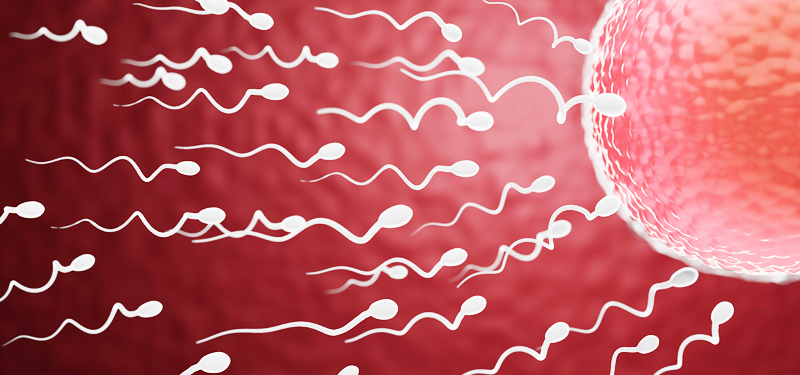
Intrauterine insemination (IUI) is a type of artificial insemination procedure. The fertility experts perform IUI when females cannot conceive with traditional methods. During the IUI treatment, doctors push the concentrated sperm into the uterus. Embryologists carry out this procedure when the ovary releases one or more eggs to ensure fertilization. The implanted sperms swim across the fallopian tube and fertilize the egg, leading to the pregnancy. Depending on the condition of your body, a fertility doctor can prescribe IUI treatment with or without fertility medicines.
Intrauterine insemination can be a process of choice for couples with:Unexplained infertility: If the reason for infertility is unknown, your fertility doctor may often recommend IUI as a first treatment.Donor sperm: Sometimes, women may need donor sperm to achieve pregnancy. In such cases, IUI can be a process of choice. You may get frozen donor sperms specimens from certified labs.Male infertility: Sometimes, male partners may have below-average sperm concentration, defective sperm motility, or any other abnormality in size and shape of sperm. IUI can be a choice in such cases, as IUI separates healthy and motile sperms from the lower-quality ones.Endometriosis-related infertility: Endometriosis is a disorder in which tissue lining the uterus wall grows outside the uterus. In endometriosis, this tissue growth can be on the ovaries, fallopian tubes, or sometimes, even the intestines. For Endometriosis-related infertility, your doctor may recommend IUI along with prescribing medicines to obtain a good-quality egg.Cervical infertility: The cervix is an opening between the vagina and uterus. During ovulation, mucus produced by your cervix helps in the sperms’ movements from the vagina to the fallopian tubes. Any abnormal thickening of this mucus may impede this journey of sperms. Even abnormal thickening of the cervix (caused by scarring due to biopsy or procedures) is a barrier between sperm and the egg. During IUI, the doctor put sperms directly into the uterus, thus eliminating the need for an ideal cervical environment.Infertility due to problems in ovulation: Some females may experience infertility due to problems with ovulation, such as the absence of ovulation or ovulation with a reduced number of eggs. IUI may be a procedure of choice in such cases
Intrauterine insemination is a safe procedure. The probability of any complication related to IUI treatment is low. Some risks associated with IUI include
The non-sperm elements in your partner’s semen may interfere with fertilization. The sample preparation includes the separation of highly active and healthy sperms from lower-quality sperm and other non-essential elements to increase the likelihood of successful fertilization.
Ovulation is the most critical factor for the success of IUI. Your doctor will monitor for signs of impending ovulation. The doctor may visualize your ovaries and egg growth through imaging techniques. You may get an injection of human chorionic gonadotropin (HCG) or other medicines for ovulation at the right time.
The intrauterine insemination procedure usually takes about 15 to 20 minutes. This procedure may not require the use of any pain killer. Your doctor inserts a speculum into the vagina. The doctor inserts a catheter into the vagina. Your fertility expert pushes healthy sperm into the uterus through the catheter. The doctor may keep you under observation for some time. You can resume daily activities immediately after the procedure.
After two weeks, you can carry out the at-home pregnancy test. If the test is positive, your doctor may prescribe a blood test to confirm the pregnancy.